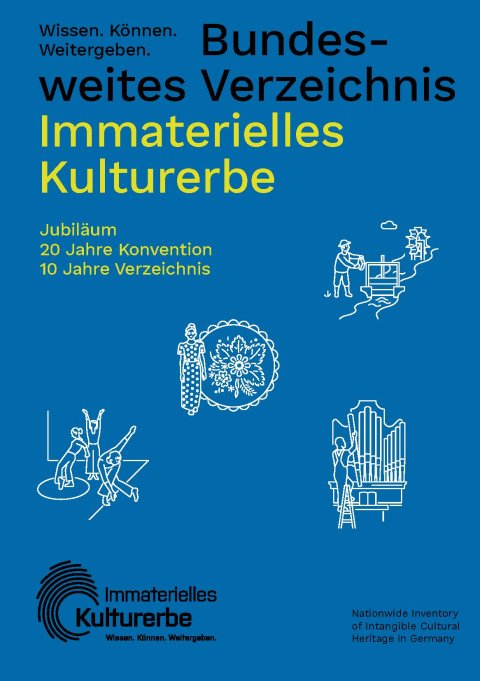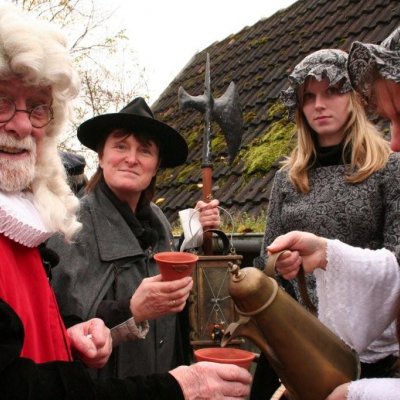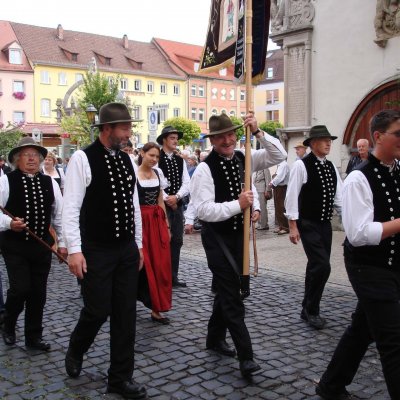Nationwide Inventory of Intangible Cultural Heritage
Palatinate Forest Hut Culture
In Pfälzerwald and the neighbouring regions many non-profit local groups run huts for hikers, inns for travellers and refuges. This is a way of passing on traditions, information on regional nature conservation as well as knowledge about managing wooden huts and hiking paths.
There are 14 huts for hikers, 60 inns for travellers and 10 refuges in Pfälzerwald and the neighbouring regions, which are often managed on a completely voluntary basis. They are usually run and managed by non-profit local groups. In particular at the beginning of the 20th century thousands of kilometres of hiking paths were created in Pfälzerwald and the adjacent regions together with towers and huts on the striking mountain peaks. The huts have continued to look after hikers affordably as it’s not the profit but the charitable status of the associations which is important for the operators. Any profits are invested in maintaining and refurbishing the huts.
The Pfälzerwald-Verein e.V. also maintains lots of contact with educational establishments and offers regularly seminars on nature in the huts, specifically also for families. It’s all about sustainability, teaching people about the fundamental existence of woods as a basis for life and local leisure. In addition, the volunteers maintain and update the huts. As the region is close to the border with France, cross-border exchanges also play a special role in the culture of Pfälzerwald huts.
Regional cuisine and culture
Nowadays the culture of Pfälzerwald huts is managed by thousands of volunteers. Visitors learn about the regional cuisine with Riesling spritzers, stuffed pig’s stomach and hand cheese in the huts but can also find out more about the natural environment in Pfälzerwald.





